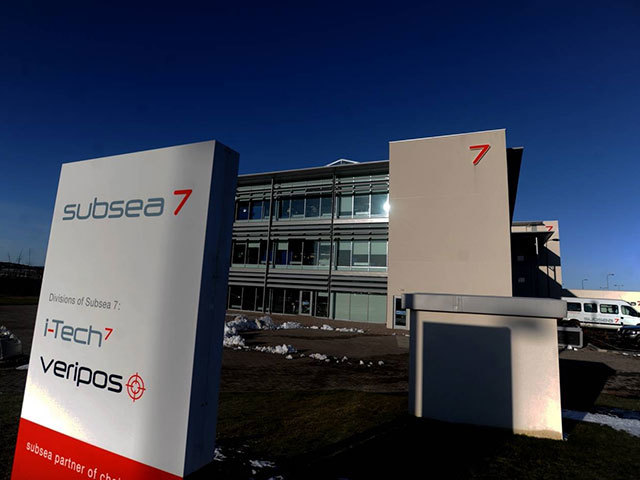
Frontier fields in the Barents Sea and west of Shetland are providing “exciting opportunities” for offshore oil services company Subsea7, the firm has claimed.
The Oslo-listed company said its income from its North Sea operations fell by 11% to £1.5billion last year, albeit this was still the biggest area of revenue generation for the firm, which also works across Africa, Brazil, the Gulf of Mexico and the Middle East.
Operating profits in the North Sea region rose from £219million to £237.8million in 2013 as higher margin projects began and lower margin projects ended, the firm said.
The company, which employs 2,000 in the UK including Aberdeen, Glasgow and its pipeline bundle fabrication yard at Wick, said technology requirements in the region are North Sea are becoming increasingly complex due to the move to harsher operating environments, deeper waters and more complex flow assurance requirements.
In the short term, the market outlook is “more challenging than in recent years”, as clients deferred investment in larger projects and competition in the basin increased.
Jean Cahuzac, chief executive, added that Subsea7, like most operators, faces challenges attracting skilled workers.
“The limited availability of skilled and experienced people to deliver the projected growth in our market is a major challenge for our industry,” he said.
The firm ended the year with a £7billion order backlog, but Cahuzac warned that the company had seen signs of order declines which it expected to continue this year.
“Conflicting pressures on the use of capital by major oil and gas companies, combined with a flat oil price and cost inflation, resulted in a lower level of tendering and market award activity for large EPIC (engineering procurement installation commissioning) contracts in the latter part of 2013,” he said.
“Tendering activity in early 2014 has increased for SURF (subsea umbilicals, risers and flowlines) projects in Africa. While this is encouraging, it must be remembered there is typically a two-year period between tendering and the start of the offshore phase of such projects.
“The trend for market awards for large SURF projects to be postponed, for a variety of reasons, is continuing. We therefore expect our order backlog to decline during the first half of 2014.”
Recommended for you

